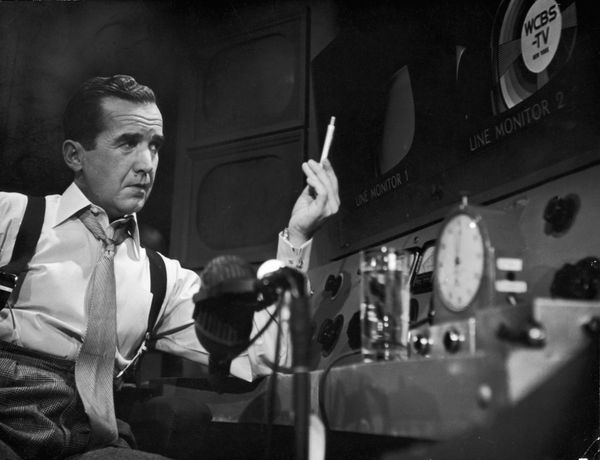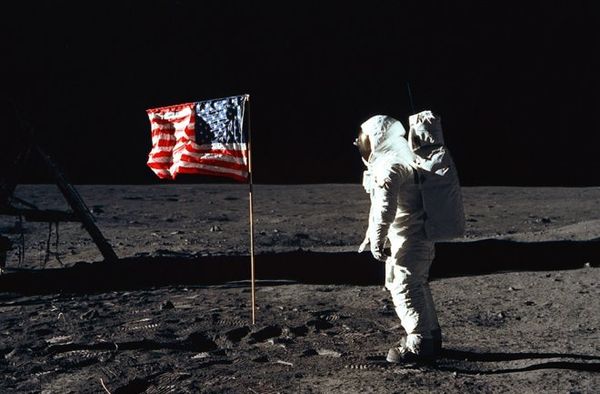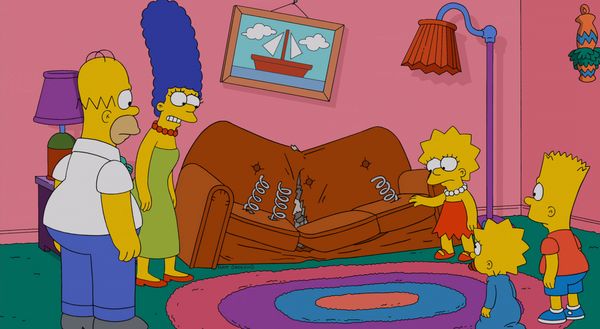Reality television is a pillar of pop culture. Whether it's our fascination with the "The Bachelor" or "Queer Eye," reality TV dominates our lexicon, our water-cooler gossip and even the way we dress.
Reality TV is essentially television programming in which there are no writers, actors or scripts. Instead, the shows focus on "real" events or situations. Some reality programming comes in the form of competitions shows, such as "Survivor" and "The Amazing Race." Others, such as "Teen Mom" and "Hoarders" focus on specific life experiences.
Advertisement
TV based on reality has been around in some form or another since the 1940s. But the first reality show was broadcast in 1973, when PBS aired a 12-part documentary called "An American Family." The show chronicled the daily lives of the Loud family, who lived in Santa Barbara, California. The series showcased marital tensions that eventually led to divorce.
Many critics slam today's realty television for the way it manipulates narratives that affect the lives of real people. And there are some good points to that argument. Go to the next page to see how realty TV is influencing our lives — whether we watch or not.
Advertisement




